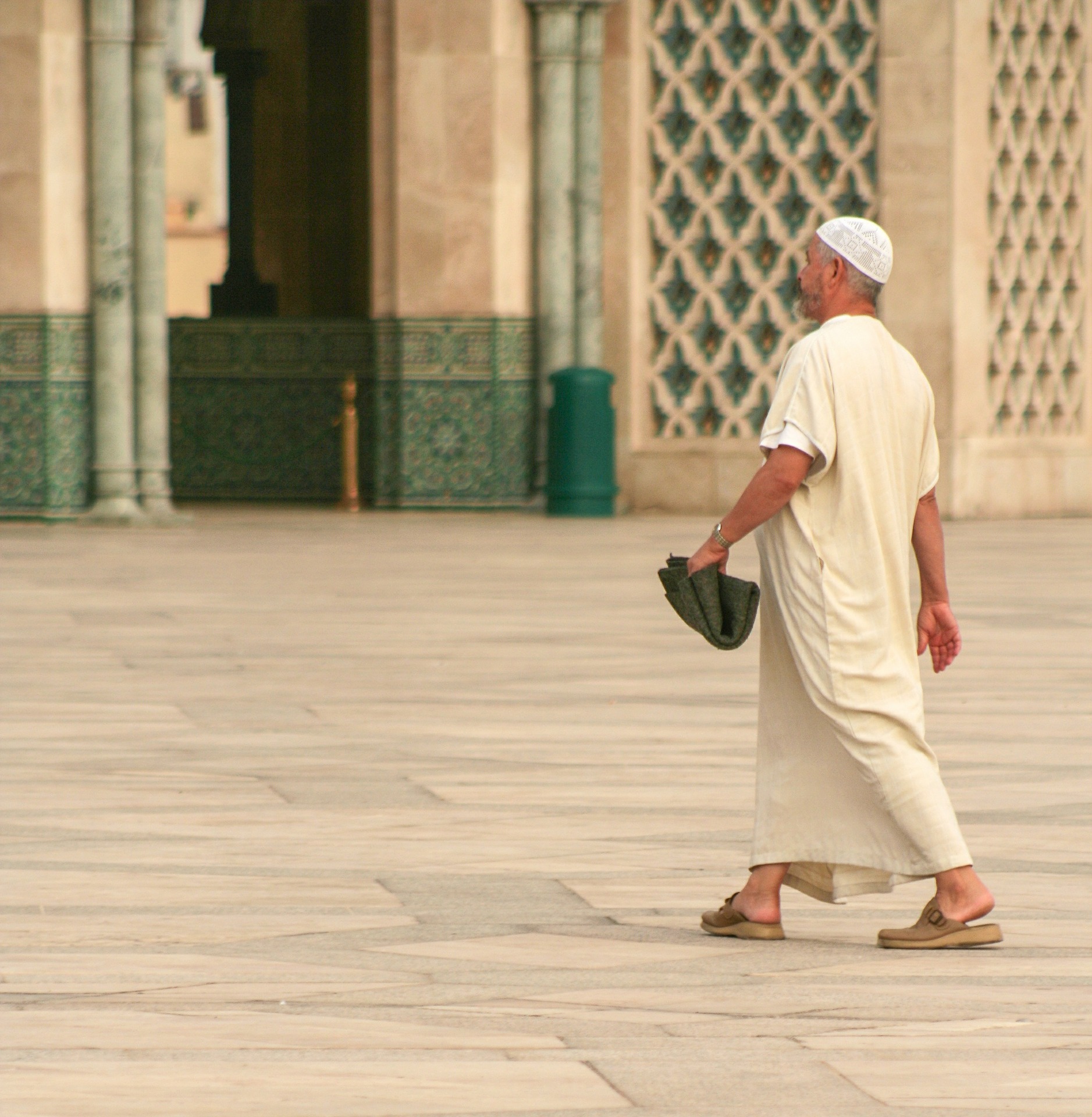The necessity of understanding hadith
We found that many of the authors of Islamic magazines mention ahadith and attribute it to the prophet -prayers and peace of Allah be upon him- without mentioning its sources from the books of Sunan. In addition to that, they confirm its attribution to the prophet -prayers and peace of Allah be upon him-, and … Read more

